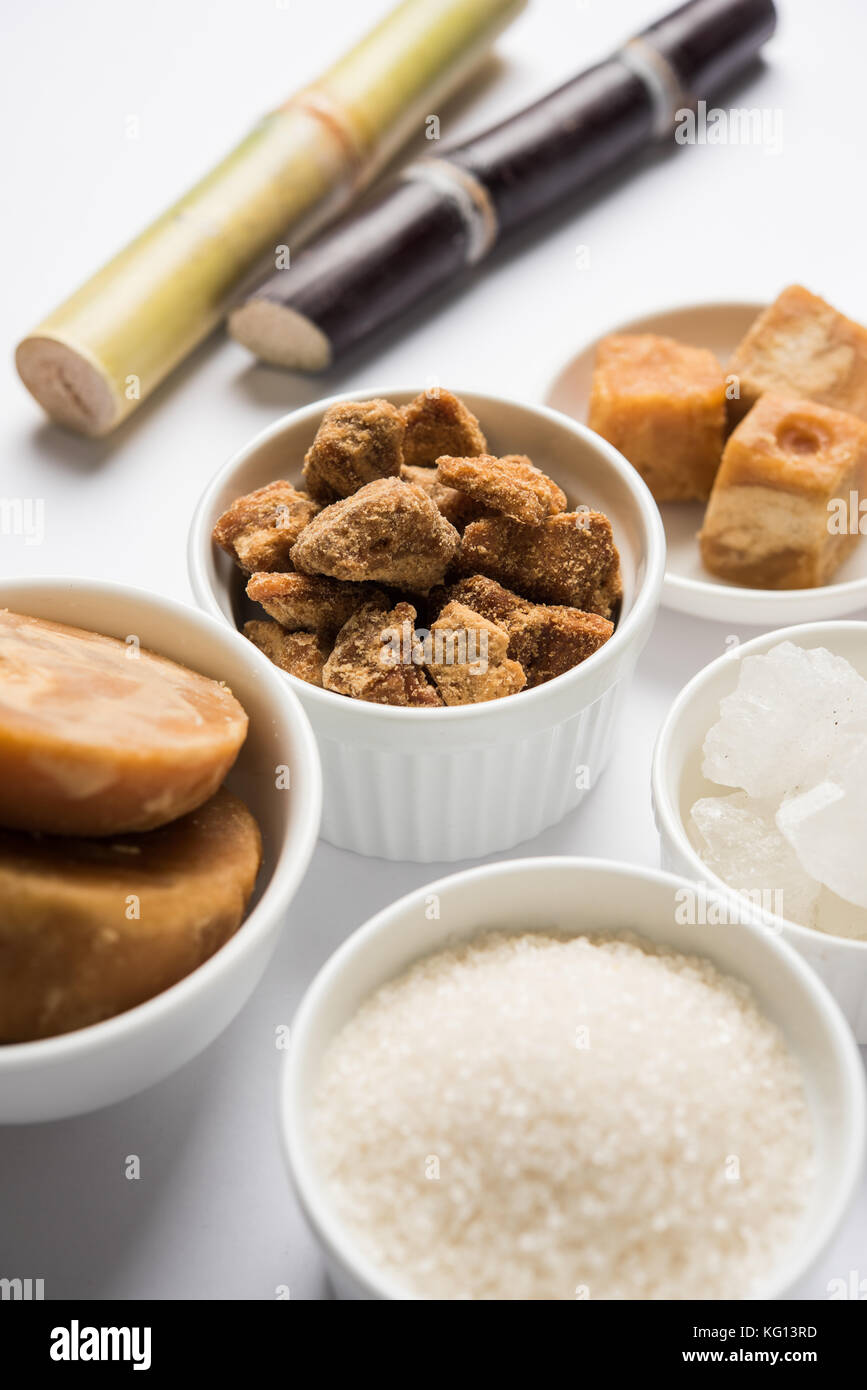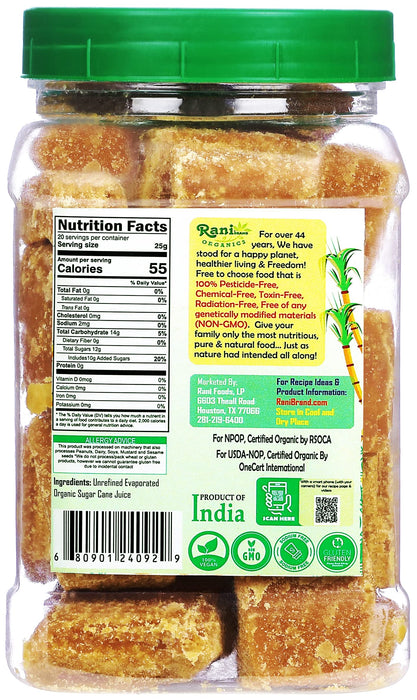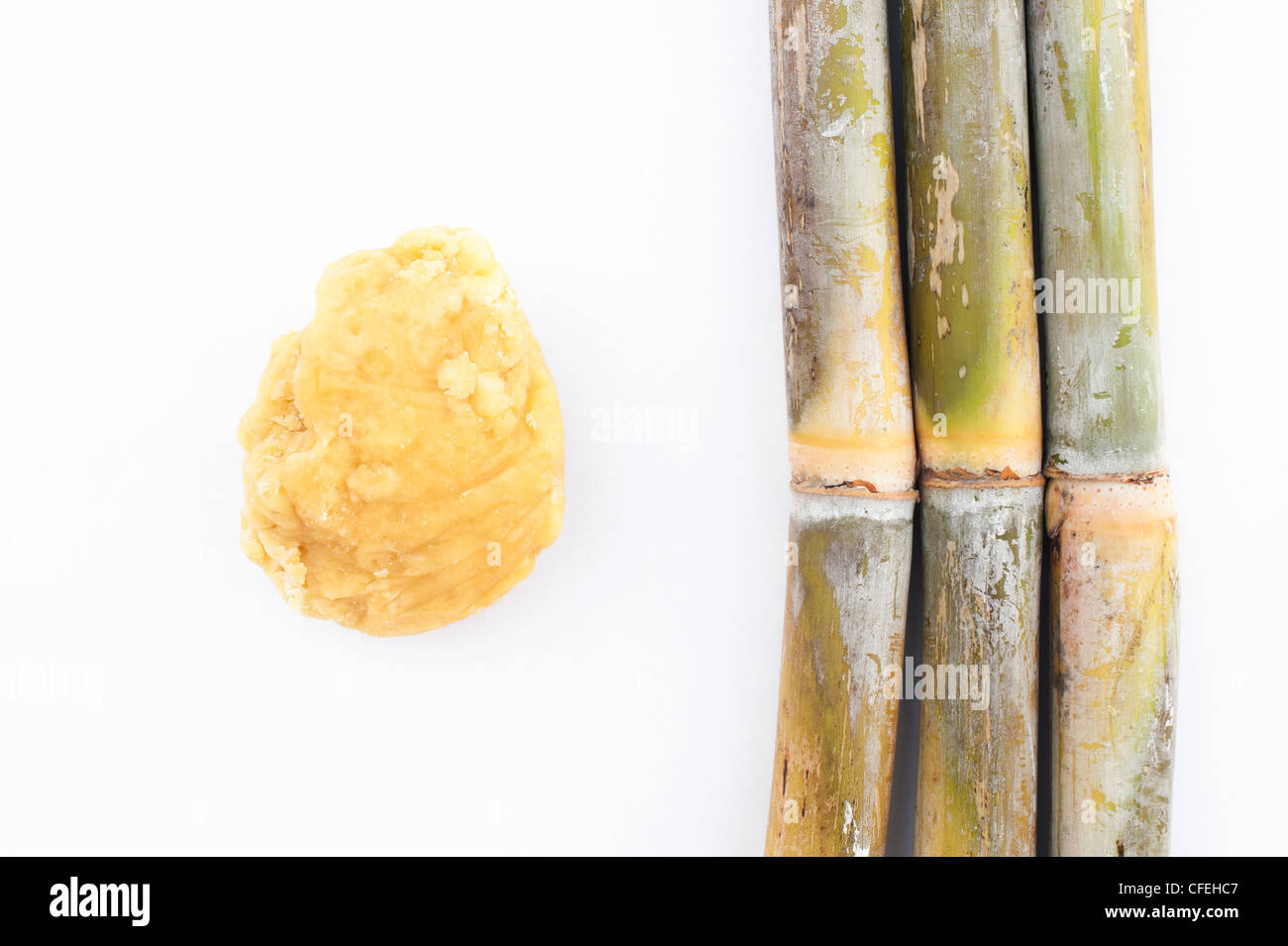How to Select the Best Sugarcane Product for Your Needs
How to Select the Best Sugarcane Product for Your Needs
Blog Article
Sustainable Sugarcane Products: From Sweeteners to Eco-Friendly Item
The potential of lasting sugarcane products prolongs beyond typical sugar to include a variety of green goods, presenting an engaging situation for their assimilation into modern-day consumer techniques. As the world grapples with pushing ecological issues, sugarcane arises as a versatile source capable of attending to both nutritional requirements and sustainability objectives.
Summary of Sugarcane Sustainability
As the need for eco-friendly items grows, recognizing sugarcane sustainability becomes progressively important. Sugarcane, a flexible plant, is cultivated mainly in exotic and subtropical regions, and its sustainability is critical for both environmental health and wellness and financial practicality. Lasting sugarcane farming techniques concentrate on reducing eco-friendly impact while optimizing productivity and success.
Secret facets of sugarcane sustainability consist of efficient land use, minimized chemical input, and boosted water monitoring. Practices such as crop rotation, integrated insect administration, and natural fertilizing add to dirt health and biodiversity. Additionally, innovative innovations, such as precision agriculture, assistance enhance source usage and minimize waste.
In addition, sugarcane is a sustainable source, with byproducts that can be made use of in numerous sectors, from biofuels to eco-friendly plastics, thereby reducing reliance on fossil fuels and diminishing carbon impacts. Certifications like the Bonsucro typical motivate sustainable practices across the supply chain, advertising openness and liability.

Sugarcane-Based Sweeteners
Making use of sugarcane as a primary resource, sugarcane-based sugar have gained prominence as all-natural options to man-made sweeteners and polished sugars (sugarcane product). These sweeteners, stemmed from the removal and processing of sugarcane juice, offer a series of products that cater to varied consumer choices, including natural and minimally refined options
Amongst the most remarkable sugarcane-based sugar are raw cane sugar, panela, and molasses. Raw walking cane sugar keeps even more of the natural tastes and nutrients discovered in sugarcane, making it a favored option for health-conscious consumers. Panela, a typical Latin American sweetener, is produced by vaporizing sugarcane juice, protecting its all-natural minerals and vitamins. Molasses, a byproduct of sugar removal, is rich in anti-oxidants and important nutrients, functioning as a healthy sweetening representative in various cooking applications.
The expanding need for sugarcane-based sweeteners is driven by boosting recognition of health and wellness and sustainability concerns connected with traditional sugar. By picking sugarcane-derived products, consumers not only sustain lasting agricultural methods however additionally add to a healthier way of life, straightening their nutritional choices with their environmental values.
Eco-friendly Product Packaging Solutions
Becoming a feasible choice to conventional plastics, biodegradable packaging options stemmed from sugarcane are changing the product packaging market. These cutting-edge products offer an environmentally friendly choice that resolves the expanding concerns over plastic pollution. Utilizing the natural sugars found in sugarcane, producers are establishing different types of naturally degradable packaging, including films, containers, and wraps that break down much more rapidly than conventional plastics.
The primary benefits of sugarcane-based product packaging hinge on its eco-friendly sourcing and its capacity to damage down into non-toxic byproducts. Unlike fossil fuel-derived plastics, which can continue the setting for centuries, sugarcane product packaging normally disintegrates within a few months under proper conditions. This decrease in waste not just reduces landfill overflow but additionally lowers the carbon footprint associated with product packaging products.
Furthermore, sugarcane-derived packaging keeps durable performance characteristics, supplying similar sturdiness and functionality to conventional alternatives. As companies and consumers increasingly focus look here on sustainability, the adoption of eco-friendly packaging solutions stands for a significant action towards a round economy, where products are reused and restored rather than thrown out. This shift not just improves brand name picture yet likewise adds to a much more lasting future for the planet.
Eco-Friendly Textiles and Fabrics
Eco-friendly textiles and textiles are acquiring grip in the fashion and home products industries as consumers progressively demand sustainable choices to conventional products. Amongst the noteworthy alternatives are textiles originated from sugarcane, which offer an environmentally accountable choice to synthetic fibers. These fabrics are generated through a process that makes use of the renewable resources located in sugarcane, significantly minimizing dependence on petroleum-based materials.

Brands are progressively incorporating green textiles right into their product, mirroring a more comprehensive commitment to sustainability. This shift is not merely a pattern yet an essential advancement in action to environmental worries. As the marketplace for lasting fabrics increases, customers can expect cutting-edge designs that incorporate design with eco-friendly duty. Inevitably, eco-friendly textiles and textiles stand for a substantial action towards minimizing the apparel industry's environmental footprint while dealing with the expanding need for liable consumer choices.
Advancements in Lasting Farming
Transforming agricultural techniques, advancements in sustainable farming are changing the way plants are grown and taken care of. These improvements focus on decreasing environmental impact while maximizing performance and efficiency. Strategies such as precision farming use information analytics and satellite imagery to maximize resource usage, guaranteeing that water, plant foods, and pesticides are used just where needed. This targeted strategy not only lowers waste but additionally enhances plant returns.

Additionally, agroecology, which incorporates ecological principles into farming, promotes biodiversity and dirt wellness. Practices such as plant rotation, cover cropping, and intercropping foster resilient environments that can hold up against parasites and climate variations - sugarcane product. Additionally, making use of organic fertilizers and biopesticides contributes to much healthier dirts and communities

Together, these developments are not only reshaping the farming landscape yet likewise contributing to a more sustainable future for sugarcane and various other plants, lining up agricultural practices with ecological stewardship.
Verdict
Sustainable sugarcane items represent a considerable advancement in environment-friendly alternatives, covering from all-natural sweeteners to eco-friendly goods. As consumer choices increasingly lean in the direction of lasting options, the adaptability of sugarcane as a renewable resource comes to be increasingly appropriate.
The possibility of lasting sugarcane products prolongs past traditional sweeteners to include an array of environmentally friendly products, offering an engaging case for their combination right into modern-day consumer practices. Sustainable sugarcane farming methods concentrate on decreasing ecological effect while making best use of productivity and success.
Lasting sugarcane items stand for a substantial development in environment-friendly choices, extending from natural sweeteners to biodegradable goods. The cultivation great site of sugarcane through sustainable practices not only boosts ecological wellness however additionally adds to financial practicality. As consumer important site preferences increasingly lean towards sustainable options, the versatility of sugarcane as a renewable resource becomes significantly pertinent.
Report this page